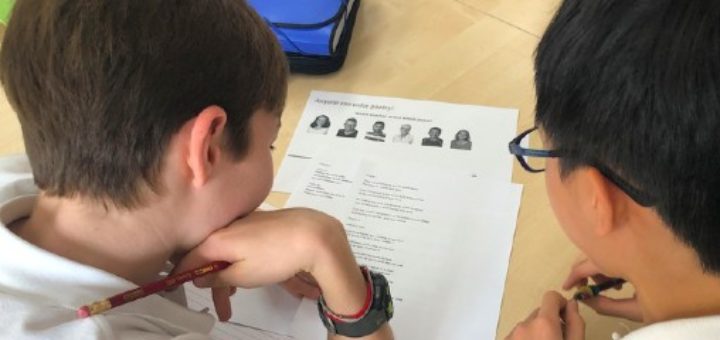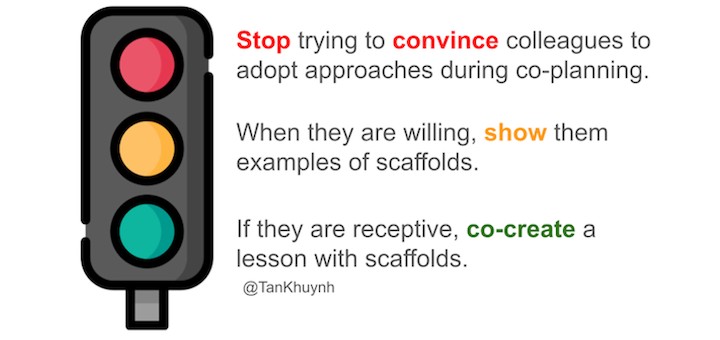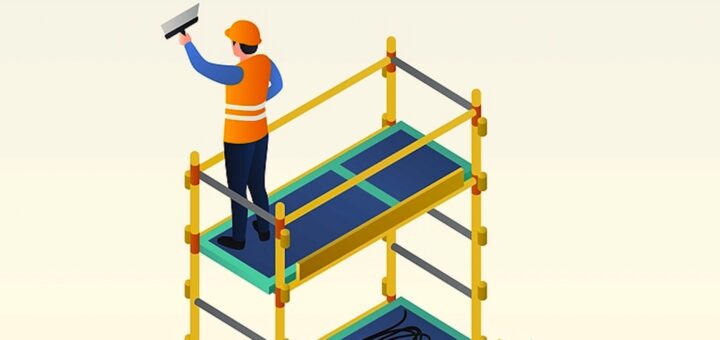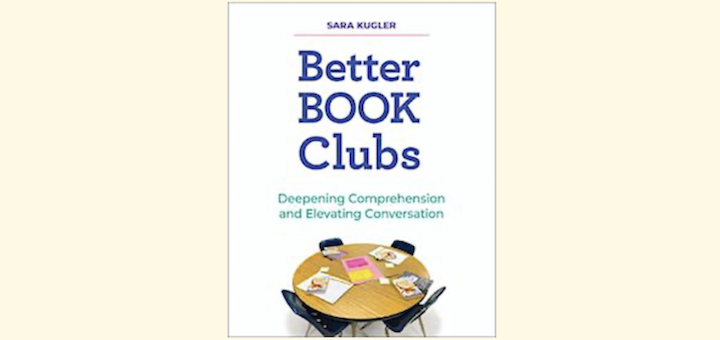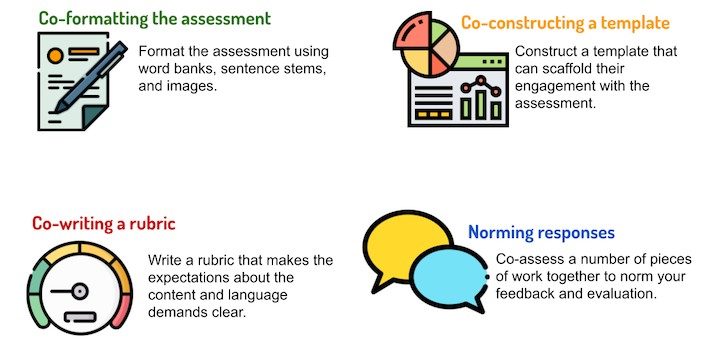The Critical Partnership of Rigor and Scaffolding
Students will rise to the level of high expectations, but they may need support and scaffolding to achieve the goal. Teaching coach Barbara Blackburn explains the essentials of effective scaffolding, its critical relationship to rigor, and how both can be achieved in your classroom.



